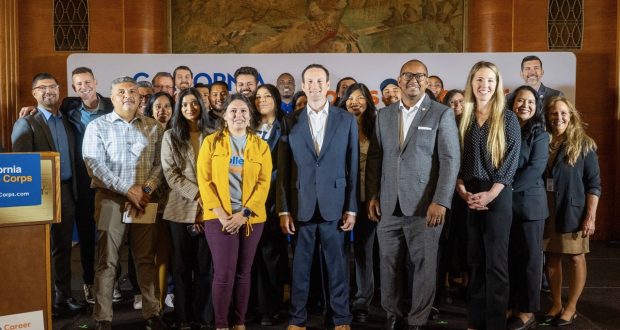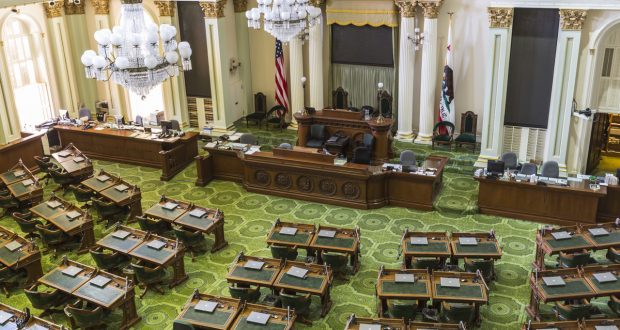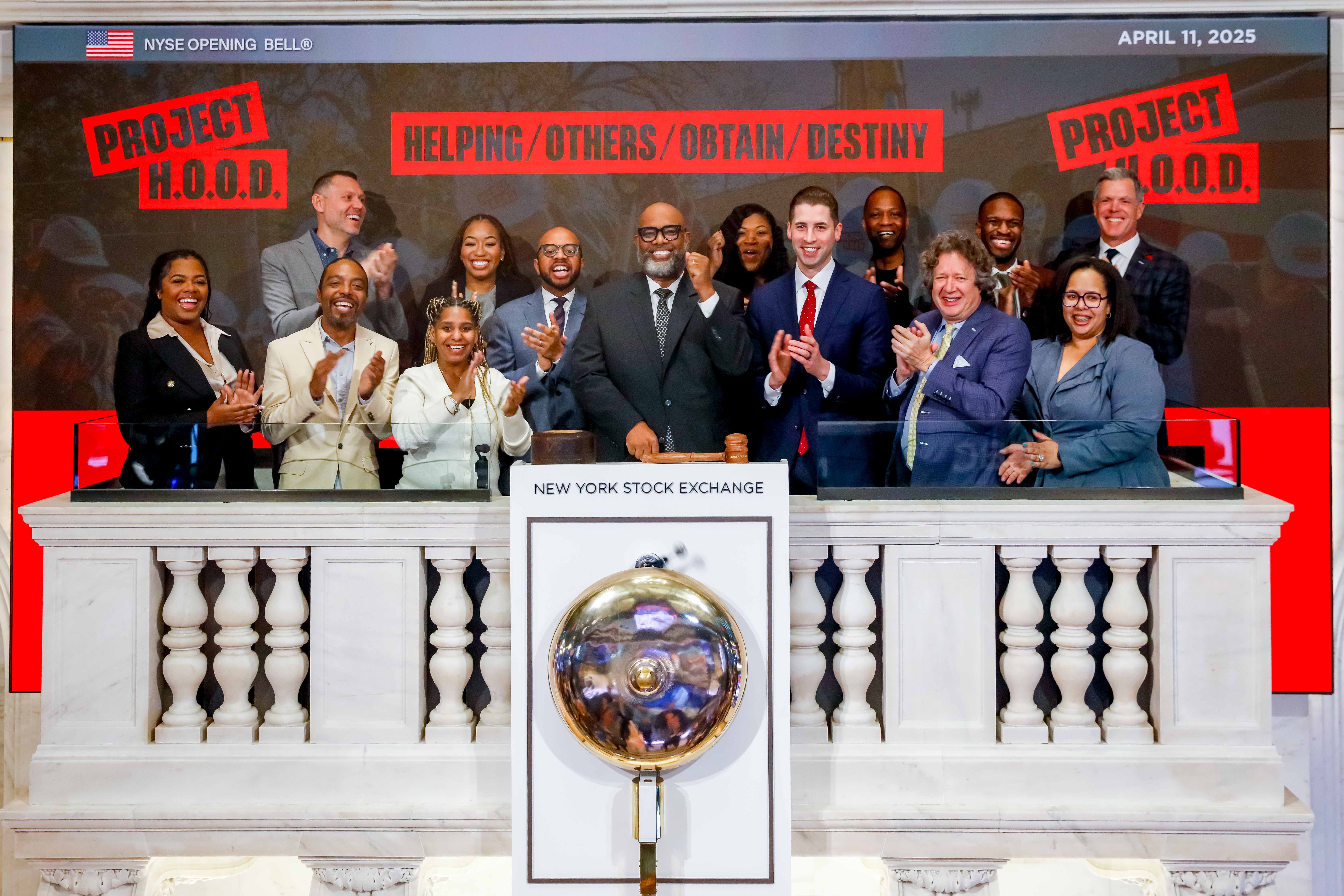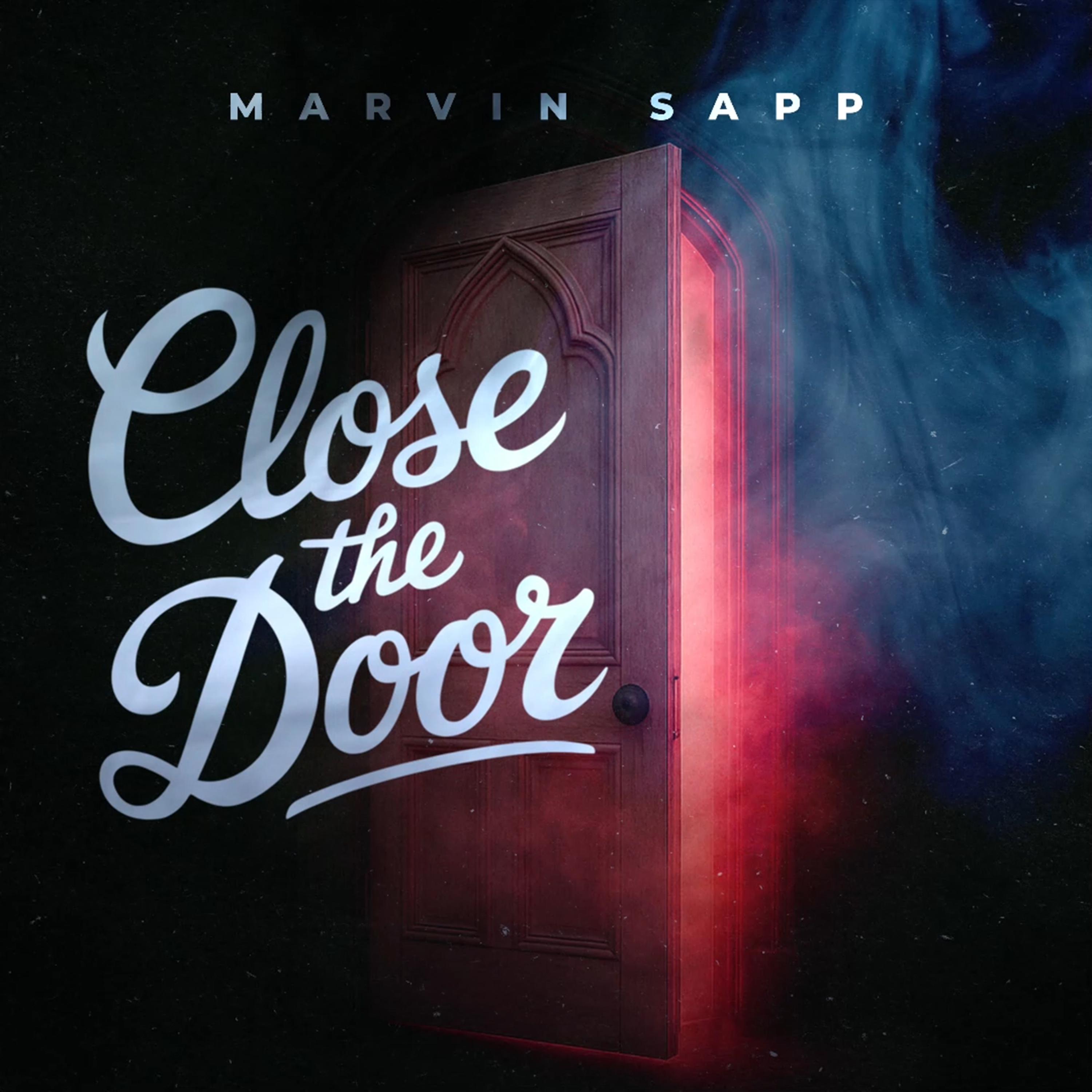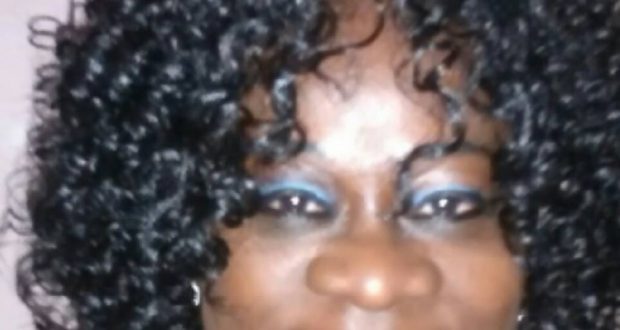SACRAMENTO, CA—Governor Newsom signed Senate Bill 796. Authored by Senator Bradford (D-Gardena), SB 796 authorizes the County of Los Angeles to return the beachfront property known as Bruce’s Beach to the Bruce family.
“A century ago the Bruce’s had their land stolen,” said Senator Steven Bradford. “Now there is nothing holding back the County from doing the right thing. In the face of racism and violence by the KKK, the Bruce’s were steadfast, but ultimately could not stop the City from seizing their land and forcing them away. When the land is returned to the Bruce’s, we will have proven that it is never too late to correct injustice and that there are a multitude of ways to do so. Today, due to the leadership of so many, including Supervisors Janice Hahn and Holly Mitchell, the City’s inherited debt to the Bruce’s can finally be paid. SB 796 passed with bipartisan support and I must thank my colleagues in the Legislature for their recognition of injustice and desire to remedy it. This bill sets the tone for the future of reparations in California. I look forward to working on many more of these types of issues and solving them with the Newsom Administration.”
“This is a milestone for us, and I want to thank not only Governor Newsom for signing this bill into law, but Senator Bradford for his leadership and the entire state legislature for their unanimous support,” said Supervisor Janice Hahn. “We have already begun the groundwork, but now that LA County officially has the authority to transfer this property, the real work on our side begins. My goal over the next several months will be to transfer this property in a way that not only works for the Bruce family, but is a model that other local governments can follow. Returning Bruce’s Beach can and should set a precedent for this nation and I know that all eyes will be on Los Angeles County as this work gets underway.”
“Today’s bill signing is a significant and necessary step in the process of returning Bruce’s Beach to its rightfully owners, the Bruce family,” said Supervisor Holly J. Mitchell. “Thanks to Governor Newsom, Senator Bradford and the state legislature, the County of Los Angeles now has the legal standing to give this land back – an action I look forward to supporting. This moment brings to the forefront past harms and more importantly shows us what’s possible when we are committed to correcting them.”
In 1912, Willa and Charles Bruce, a young black couple, purchased property in Manhattan Beach and built a resort run by and made for Black residents. It was one of only a handful of beaches where Black residents could go because so many other local beaches were off-limits to people of color. But the Bruces and their customers were harassed and threatened by white neighbors as well as targeted by the KKK. The Manhattan Beach City Council later seized the property using eminent domain, purportedly to create a park. The City ultimately took the property in 1929 but it remained empty for decades. In 1948, the property once owned by the Bruce family was transferred to the State, with conditions. In 1995, the County accepted control of Bruce’s Beach and other lands from the State. In 2006, the City finally began to recognize the actual history of this land by renaming Bruce’s Beach after its rightful owners. This was a result of the work of the City’s first Black City Councilmember, Mitch Ward.
In addition to authorizing the property to be sold and transferred, the language specifically updates the deed and exempts the land from several statutory restrictions that date back to when the land was first transferred to the County. On April 20, 2021, the Los Angeles County Board of Supervisors unanimously approved motions by Supervisor Janice Hahn and Supervisor Holly J. Mitchell to sponsor SB 796 and to begin the County’s work to return Bruce’s Beach to its rightful owners.
The legislation includes an urgency clause which means that it will go into effect immediately.
 Westside Story Newspaper – Online The News of The Empire – Sharing the Quest for Excellence
Westside Story Newspaper – Online The News of The Empire – Sharing the Quest for Excellence

